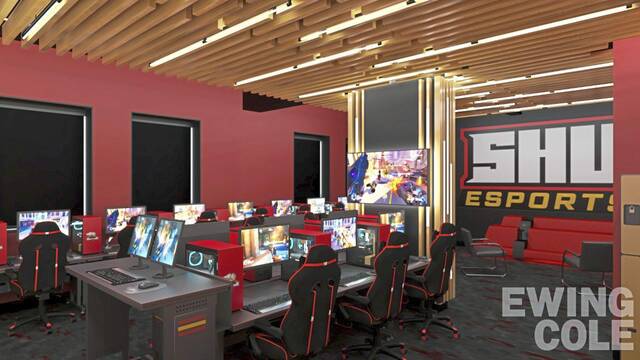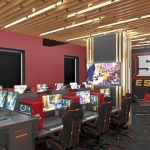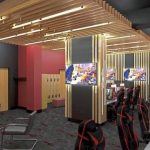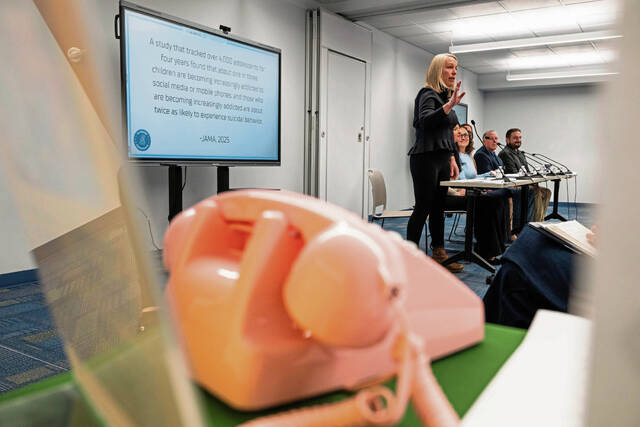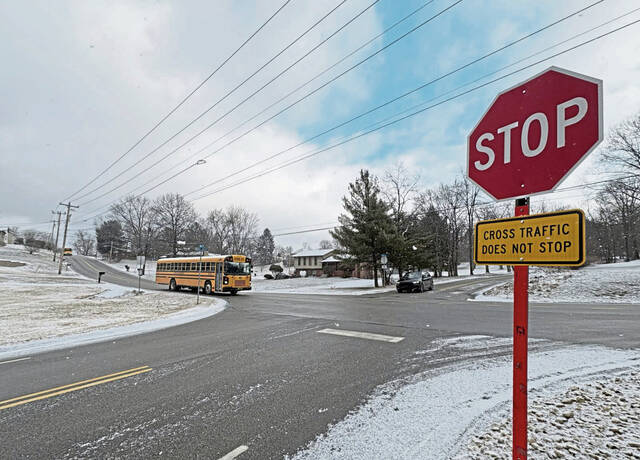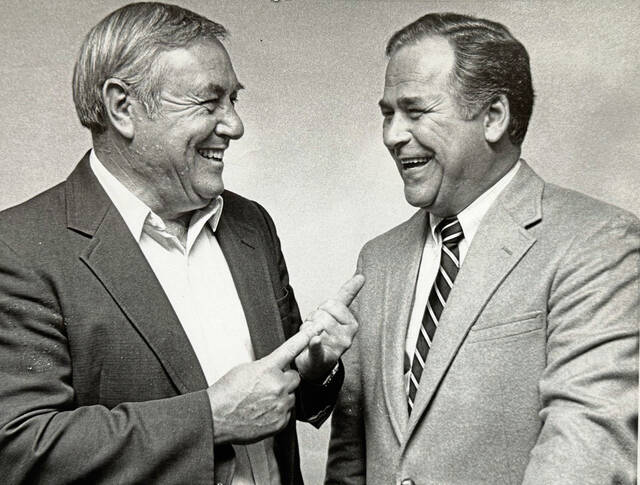Seton Hill University is joining the growing field of colleges and universities with esports programs, as it plans to field a team next fall for video gaming competitions.
“The popularity of esports on high school and college campuses — as well as on the professional level — cannot be understated,” said Chris Snyder, athletic director of the Greensburg college.
Brad Messner, a computer science instructor, will do double duty as faculty coordinator — or coach — of the new co-ed program. He does not have to be reminded of its popularity.
“My email has been blowing up with students giving me stats on how well they do in (video) games. It’s a blast. Everyone is stopping in and talking about it,” Messner said.
With video games being able to keep records of a player’s stats, Messner said he has been getting resumes of students gaming prowess.
“It’s a whole new world,” he said.
Seton Hill will join about 200 colleges and universities nationwide with esports programs, including 22 in Pennsylvania. Among those in the Keystone State are Point Park, Edinboro, St. Francis, Juniata and Harrisburg University of Science and Technology — the latter of which is an elite program, Messner said.
In January, Seton Hill expects to join the National Association of College Esports. NACE estimates that more than 5,000 U.S. college students compete in its sanctioned esports competitions, with schools offering a combined $16 million in esports scholarships and aid.
With esports, the school is adding an athletic program where it never will have to pay for travel.
Messner envisions having about 25 students on the team that will compete in tournaments using several different video games. In the beginning, Seton Hill expects to compete in at least five games: Overwatch, League of Legends, Rocket League, Hearthstone and FIFA Soccer. Contests may last a few minutes or up to an hour, depending on how the game is scored, Messner said.
The number of players competing in different tournaments likely will vary, Messner said. In some cases, students may compete against others on the Seton Hill team to get a spot playing a certain game.
“It really requires massive teamwork” and practice — sometimes six hours a day — to do well in a year-round activity, Messner said.
Being a good gamer requires knowledge of math and physics, Messner said. In a video game where soccer is played with cars, players must understand trajectory and force and “make math calculations in a matter of seconds,” he said.
Seton Hill plans to build an 875-square-foot gaming arena in the lower level of Canevin Hall for the esports program. It will have 16 computer gaming stations and multi-level seating with multiple monitors for viewing. That area is expected to be open by the end of next year, which will force Seton Hill’s team to first compete in a temporary space, Messner said.
As an official sport, there will be scholarship opportunities for incoming students based on gaming skills and academic qualifications.
“(Esports) pairs so well with Seton Hill, especially with students who are not necessarily associated with a (traditional) sport or a team,” Messner added.


